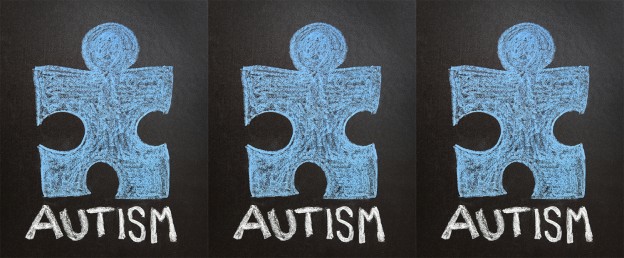
Therapy Tips
Seven Unconventional Autism Therapies You Should Know About
Autism Therapy.... These two words can have very different meanings. What really is autism therapy? The most common and highly regarded Autism therapies are- Applied Behavioral Analysis (ABA)
- speech therapy
- occupational therapy



